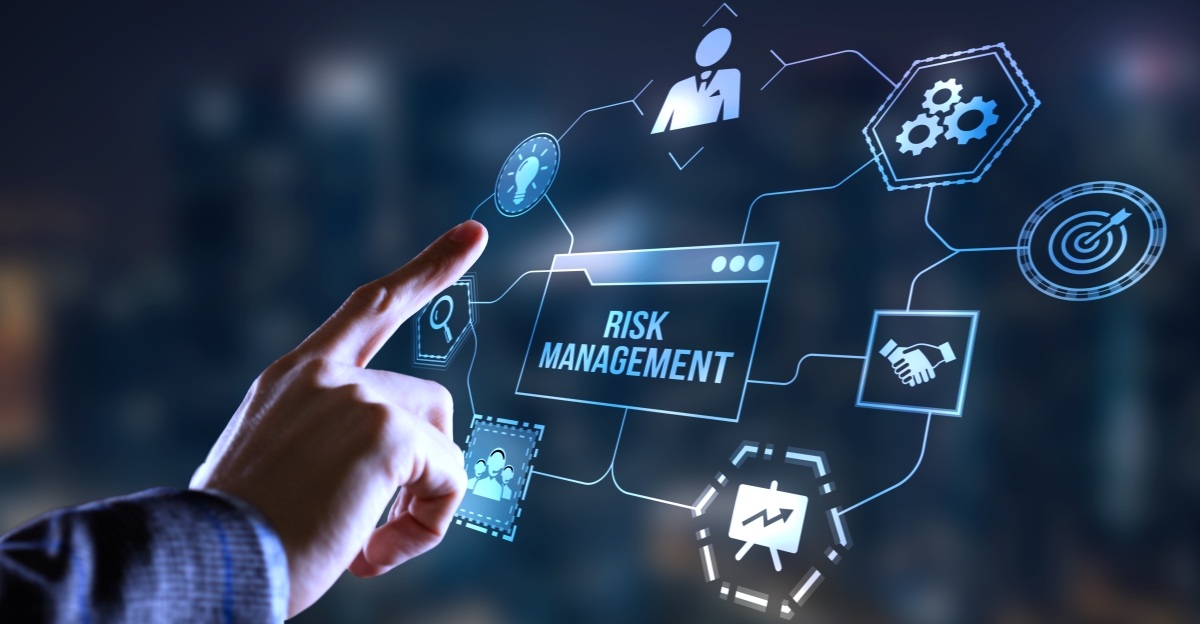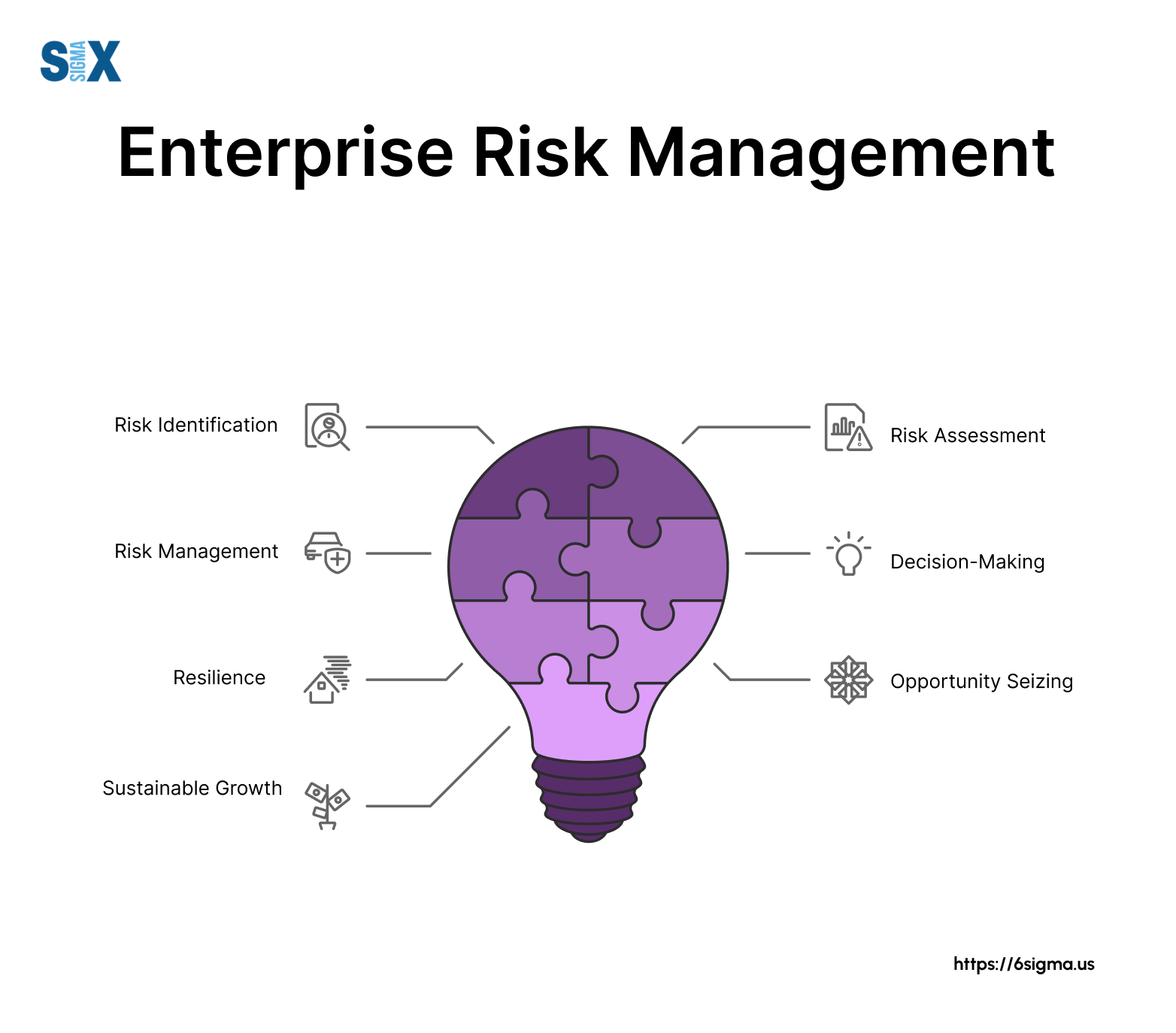Discovering the Importance of Risk Management for Effective Decision-Making Methods
In the detailed world of business, Risk Management arises as an important variable in the decision-making procedure. The ability to recognize potential threats and opportunities, and plan as necessary, can spell the difference between success and failure. With tools such as SWOT and PESTEL, companies are equipped to make informed choices, fostering resilience and flexibility in an ever-changing setting. Wondering how this functions? Let's unload the characteristics even more.
Comprehending the Idea of Risk Management
Risk Management, an essential element in decision-making, is often misconstrued or oversimplified. Usually, it describes the identification, analysis, and prioritization of dangers to minimize, keep an eye on, and control the possibility or impact of unfortunate events. It's not simply regarding protecting against negative results, however likewise concerning acknowledging potential possibilities. Risk Management entails disciplined and organized techniques, making use of information and insightful evaluations. It needs a thorough understanding of the company's context, objectives, and the prospective threats that could thwart them. From financial unpredictabilities, lawful obligations, strategic Management mistakes, to accidents and natural catastrophes, it addresses numerous threats. Importantly, efficient Risk Management is not stationary; it's a constant, forward-looking procedure that develops with changing situations.
The Duty of Risk Management in Decision-Making Processes
In the world of strategic planning and organization operations, Risk Management plays an indispensable role in decision-making processes. Risk Management hence ends up being a crucial device in decision-making, assisting leaders to make educated selections based on a detailed understanding of the threats entailed. Risk Management serves as a vital element in the decision-making processes of any type of organization.

Exactly How Risk Management Enhances Strategic Planning
In the context of strategic planning, Risk Management plays a pivotal duty. Launching with the recognition of potential threats, it further expands to the implementation of Risk mitigation steps. The duty of Risk Management is dynamic but not fixed, as it demands consistent monitoring and adjusting of methods.
Determining Potential Dangers

Executing Risk Reduction
Risk mitigation strategies can range from Risk evasion, Risk transfer, to run the risk of decrease. Each approach ought to be customized to the particular Risk, considering its prospective impact and the company's Risk resistance. Reliable Risk mitigation calls for a deep understanding of the Risk landscape and the prospective influence of each Risk.
Monitoring and Changing Approaches
Though Risk mitigation is a crucial action this content in tactical planning, constant monitoring and change of these techniques is similarly essential. This continuous procedure enables companies to recognize new threats and reassess existing ones, guaranteeing the implemented approaches remain effective in the ever-changing business environment. It additionally provides a possibility to assess the success of the Risk Management procedures, allowing adjustments to be made where necessary, further improving tactical preparation. Effective tracking and adjustment call for making use of analytics and crucial performance indicators (KPIs) to gauge effectiveness. These devices give valuable data-driven insights that can notify strategic decision-making. Monitoring and changing Risk Management approaches is a crucial component for improving an organization's strength and calculated preparation.
Instance Studies: Effective Risk Management and Decision-Making
In the globe of organization and financing, successful Risk Management and decision-making usually serve as the pillars of prosperous business. These cases highlight the worth of sharp Risk Management in decision-making processes. These instances underscore the vital duty of Risk Management in calculated decision-making.
Tools and Techniques for Efficient Risk Management
These tools, such as Risk signs up and warm maps, help in recognizing and assessing potential dangers. Risk response methods, a crucial component of Risk Management, entail approving, preventing, moving, or mitigating risks. With these devices and techniques, decision-makers can navigate the facility landscape of Risk Management, thus assisting in informed and reliable decision-making.
Future Fads in Risk Management and Decision-Making Approaches
As we explore the substantial landscape of Risk Management, it comes to be obvious that the devices and techniques made use of today will continue to evolve. Future fads direct towards an enhanced reliance on innovation, with expert system and maker knowing playing considerable roles. These technologies my site will make it possible for organizations to predict possible risks with better accuracy and make more educated decisions. Furthermore, there will certainly be an expanding emphasis on durability, not just in taking care of risks yet likewise in recovering from negative situations. The concept of Risk society, where every member of an organization is mindful and involved in Risk Management, will acquire extra prestige. These trends proclaim a more proactive and comprehensive strategy in the direction of Risk Management and decision-making.
Verdict

Risk Management therefore becomes an essential tool in decision-making, helping leaders to make informed selections based on an extensive understanding of the threats included. Risk reduction methods can range from Risk evasion, Risk transfer, to run the risk of reduction (importance of risk management). Reliable Risk mitigation needs a deep understanding of the Risk landscape and the prospective influence of each Risk. Risk feedback techniques, a key part of Risk Management, include approving, avoiding, moving, or mitigating dangers. The idea find this of Risk culture, where every participant of a company is conscious and involved in Risk Management, will certainly obtain much more prominence